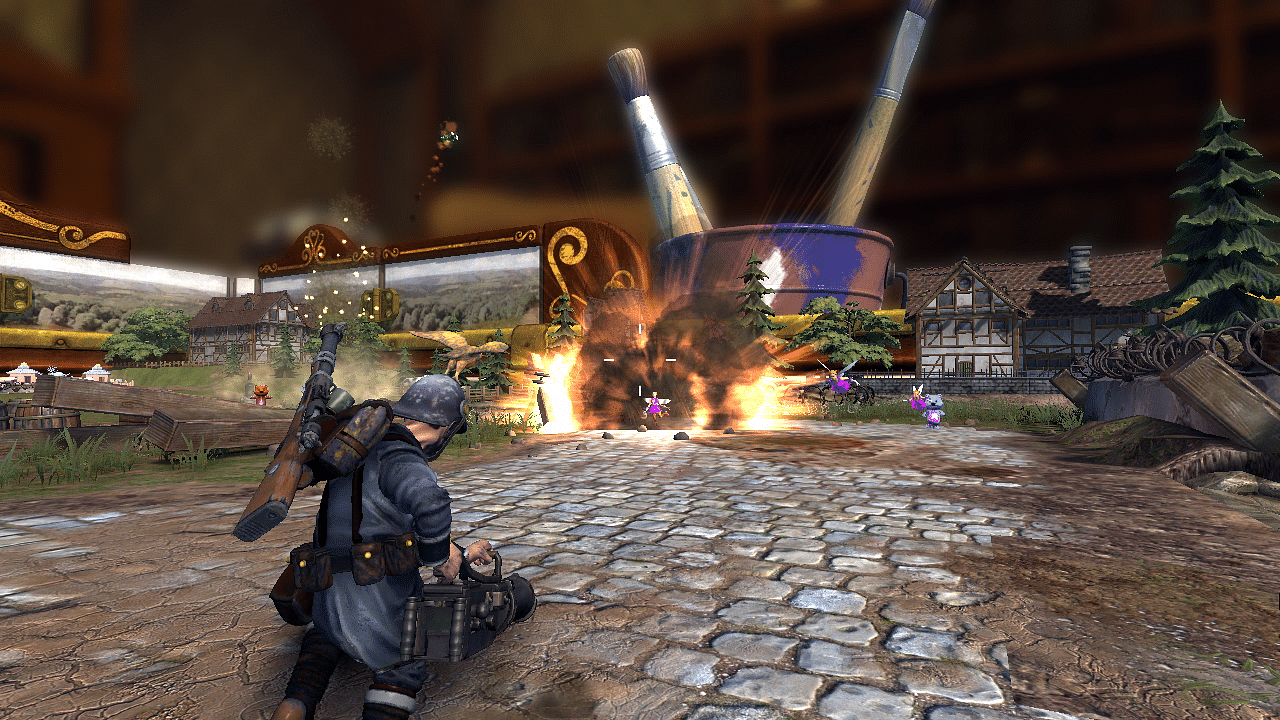

To them, first-person shooters were the perfect vehicle for doing this. The majority of interviewees told us it was important to stay in the mindset of a soldier even when not on duty. military who were between 24 and 35 years old to understand the role violent first-person shooter games played in their recruitment and training. soldiers? How accurately do they depict military life? And do they actually help recruit, train and retain troops? From battle screen to battlefieldĪs part of a study, we interviewed 15 current and former members of the U.S. The games allow soldiers to take their combat roles home with them and blur their on-duty responsibilities with their off-duty, noncombat routines and lives.īut what effect have these video games had on U.S. military: Before video games, troops were encouraged to play military-themed board games.) (In fact, using games to teach military tactics has been a longstanding practice in the U.S. In recent years, the military has encouraged many of its soldiers to partake in the thrill of violent video games as a way to continue combat training, even when not on active duty. military, the rise of first-person shooters has been a welcome development. And, for others, it simply feels good to eliminate an enemy – especially someone who’s trying to harm them.įor the U.S.

Some like achieving objectives and being a part of a team. Many play first-person shooters for pure, innocent enjoyment. These games – in which players are positioned behind a gun – have turned a generation of kids into digital warriors who fight terrorists and battle alien invaders. First-person shooters, in particular, have become increasingly popular. Violent video games have become embedded within American culture over the past several decades and especially since 9/11.


 0 kommentar(er)
0 kommentar(er)
